I believe that photography can generate empathy, emotion and interest in other people's stories and I think that this is important and of great value, since with the possibilities that exist today it is an art that can travel and be easily transported from one place to another and go far.
Tadeo BourbonSharing Stories of Indigeneity | Tadeo Bourbon
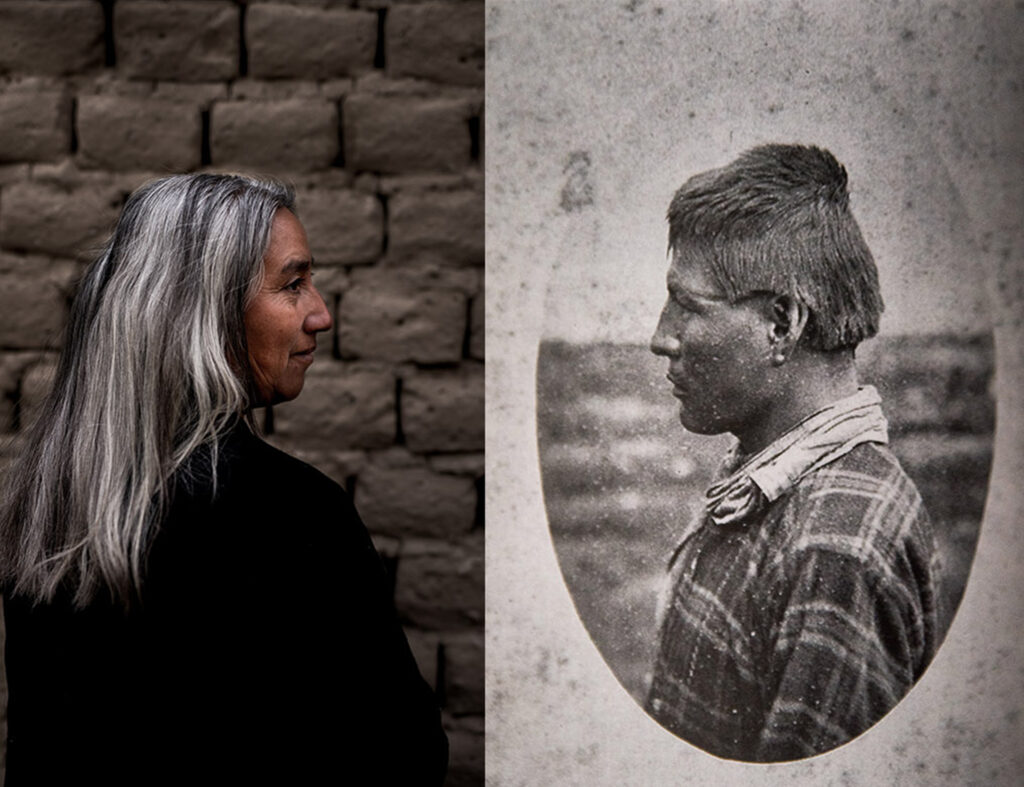
Tadeo Bourbon is a documentary photographer with perspectives oriented toward human rights and the history of Latin America.
After two years of studying history, he found that records and traces interested him more than the study of history itself. Combing these traces with photography he began to document the original cultures that precede the South American continent through stories of its indigenous communities.
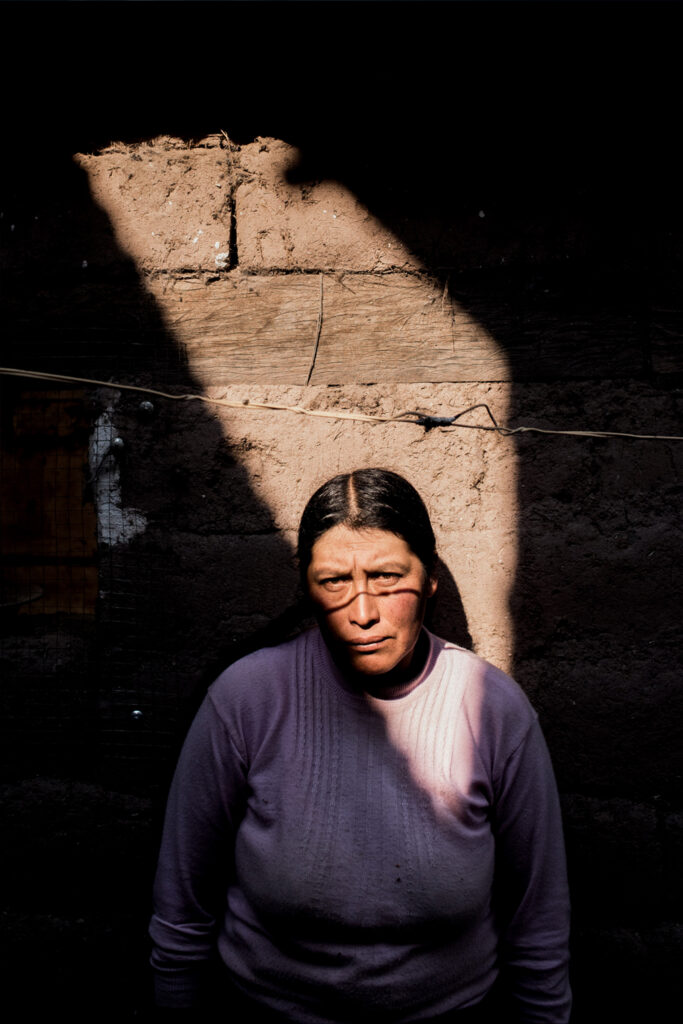
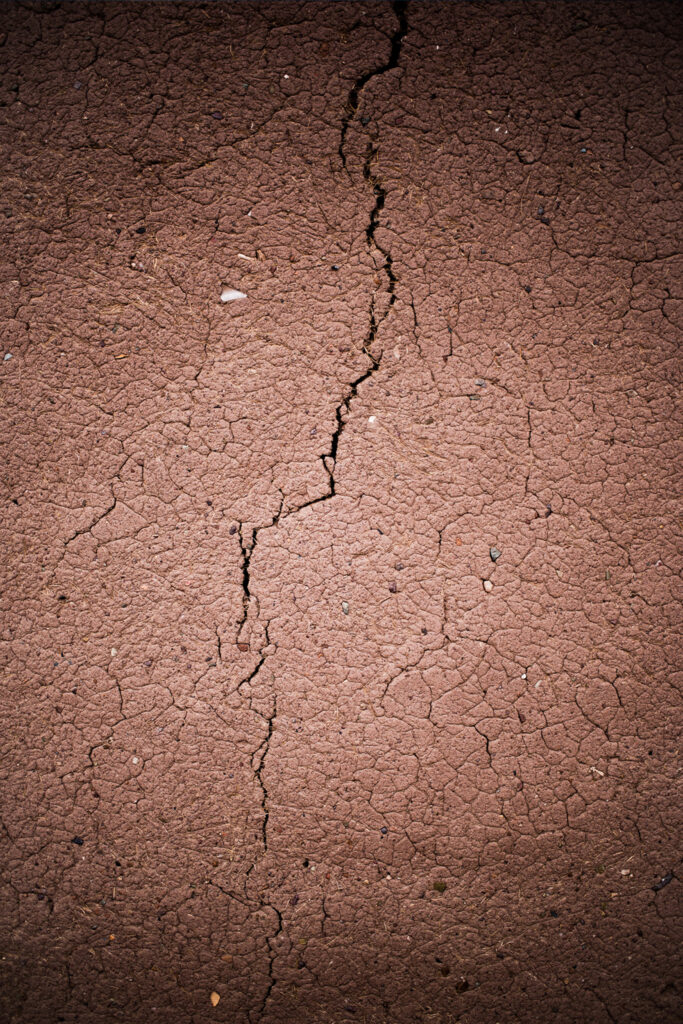
For me it means that we are all part of the same scenario, of the same ecosystem. Even with our individualities and particularities that make us unique, we are part of a whole that intertwines us and makes us be connected, united.
That is why I think that the use and future of the world concerns all people. However, it should not be overlooked that there are people and groups, with places of economic-political power that have the biggest decisions in their hands and that for many years now the civil population and activism have demanded concrete actions to take care of the planet and there is no answer.
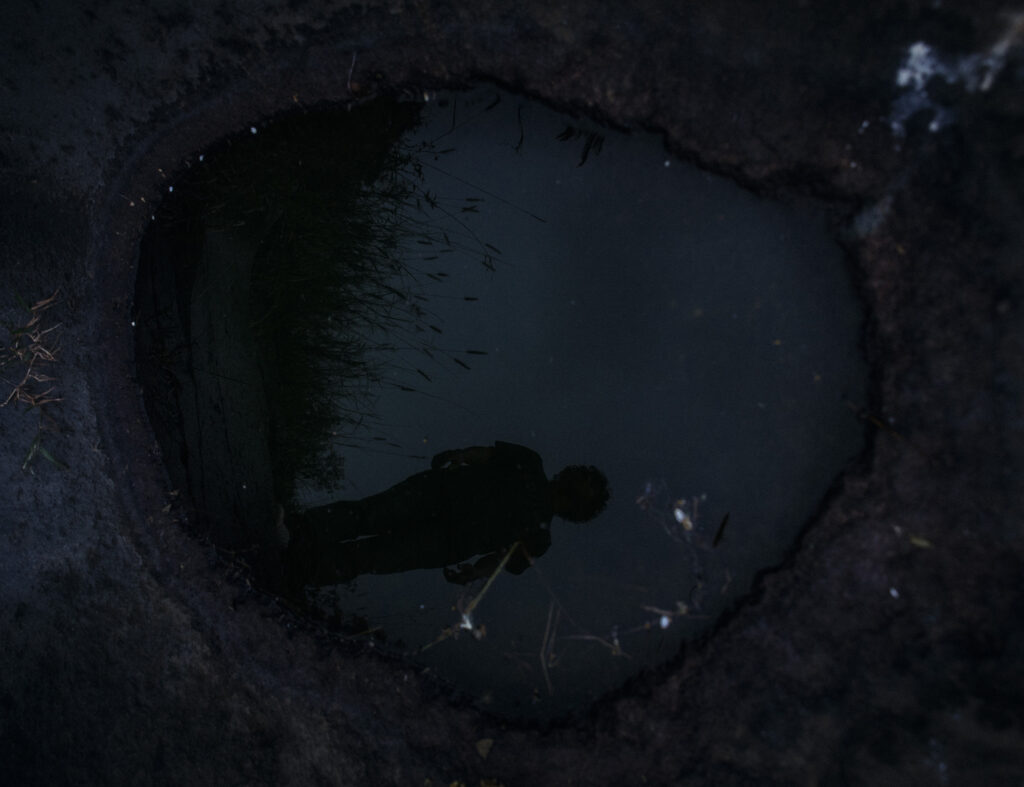
How did you start documenting the indigenous community, and what was the reason behind it?
Since I immersed myself in the world of photography 8 years ago, I have been interested in diversity in my continent and in Latin America in general. I was always moved by the resistance to the overwhelming and devastating course that capitalism is taking.
I have always felt empathy and identification with social movements, movements for human rights, feminism, and the struggles of indigenous people because, in different ways, they pose scenarios of resistance and transformation for a world with less violence and more inclusion. A world of all for all.
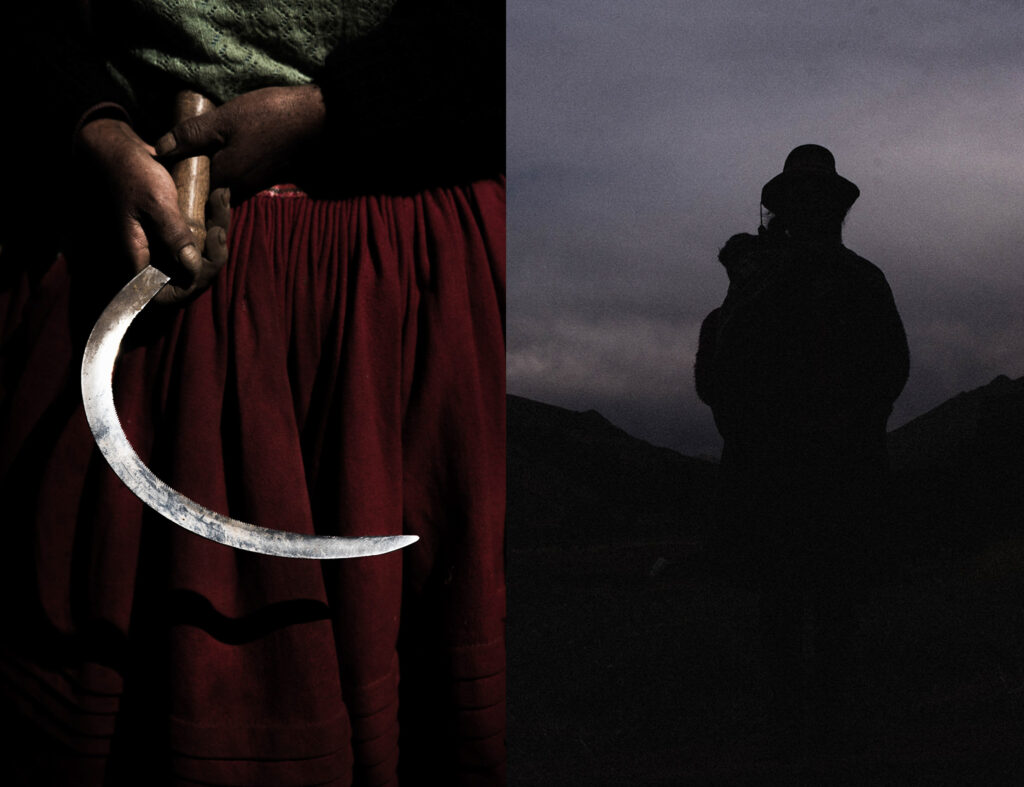
What was the idea behind the creation of the ”Pecati” project? Do you think there is a correlation between the repression of women and the lack of understanding of Mother Nature and the feminine forces?
My idea with the creation of the Pecati project: Forced sterilization in Peru was to collaborate from my position as a communicator so that the voice, testimonies, and complaints of women victims of forced sterilization could reach a little further and that their stories are known.
The communities and social actors that resist are almost always made up of native peoples who are linked more respectfully with the earth.
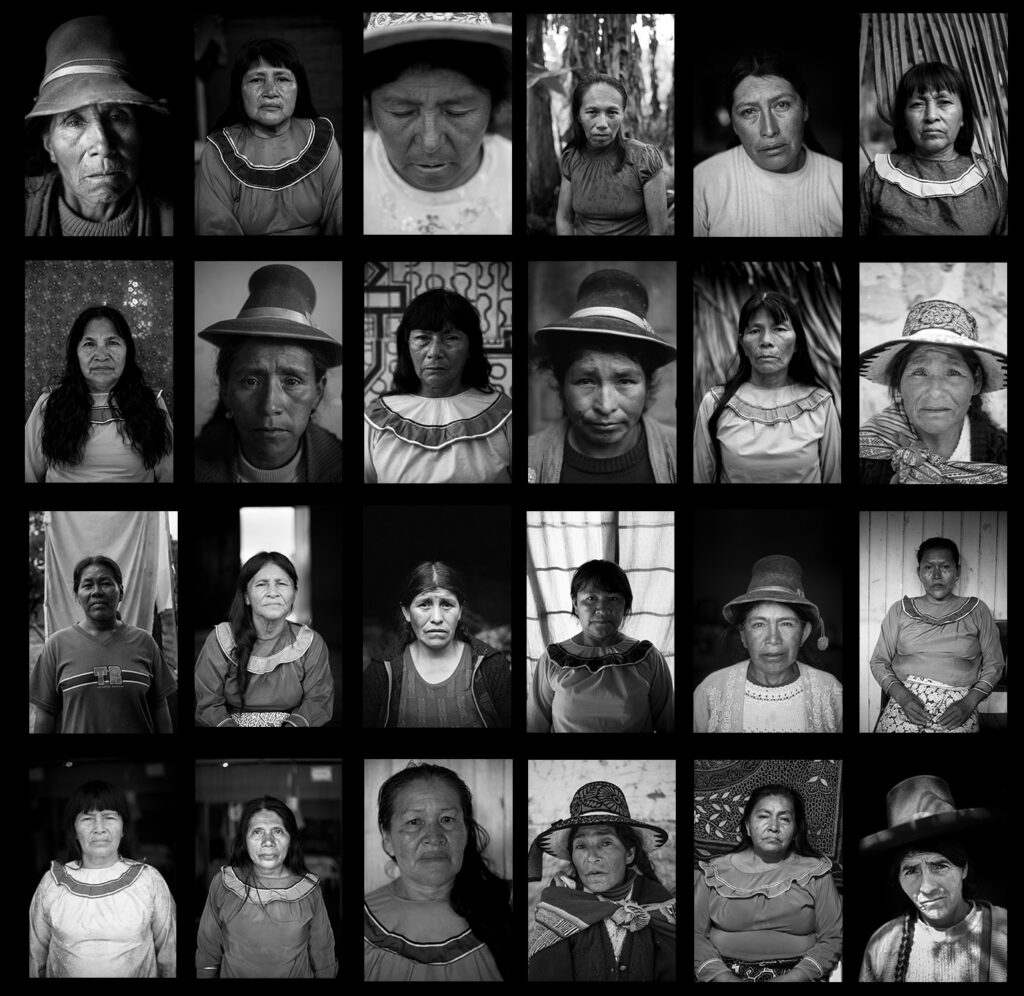
Recognizing how colonization affected the development of our history is vital to building a society that is not racist, hateful, and ignorant. Going back to the roots of indigeneity is necessary to reconstruct the part of history that is missing, that of those who were violated, murdered, and, in many cases, exterminated.
On the other hand, we must not ignore that colonization persists. Strategies and forms have changed, but the predominance of the United States and Europe in South America is worrying. When before it was through force, armies and invasions, today it is through economic power and large companies. They do not allow the development of countries, conditioning them with obstacles and political decisions. The governments supported by the great powers coincide with the governments of the right, deniers of human rights, indigenous rights, and women’s rights, such as Bolsonaro (Brazil), Macri (Argentina), Piñeira (Chile), and Santos (Colombia). ) and Lenin (Ecuador) among others.


”The conquest of the desert” tells the story and the struggle faced by the Mapuche-Tehuelche community. How did institutional violence and white supremacy contribute to climate adversity for this particular community?
The conquest of the desert was a campaign named after General Roca in the decades of 1870 – 1880 where he advanced through the territory that today makes up Argentine Patagonia, exterminating the native peoples. That campaign was financed with foreign and national capital and the land gained was distributed among a few. After the conquest of the desert, they carried out a deculturation process with the survivors, where they attacked their cultural traits generating hatred against themselves, calling them brutes, and making them ashamed of their language, their appearance, and even their names.
These lands have changed hands today and are concentrated among very few owners who decide on the Patagonian territory and who are the heirs of destroying the Mapuche-Tehuelche people.
Today there are Mapuche-Tehuelche communities that claim their ancestral lands and fight for their rights to be recognized as original people. Today they lead the protests and mobilizations under the slogan “Water is worth more than gold” against the mega-mining that wants to settle several years ago in the Patagonian plateau.
On the other hand, this concentration of large extensions in the hands of a few causes the land to be unproductive. The communities claim that these lands could be worked and yet they are abandoned in the hands of speculation. This territorial power entails an abandonment of the territories and an investment in the future that can bring them a lot of money but a lot of environmental damage. On the other hand, those who care about the territories and consider them sacred, fight for small extensions of the territory that they do inhabit to be returned to them.
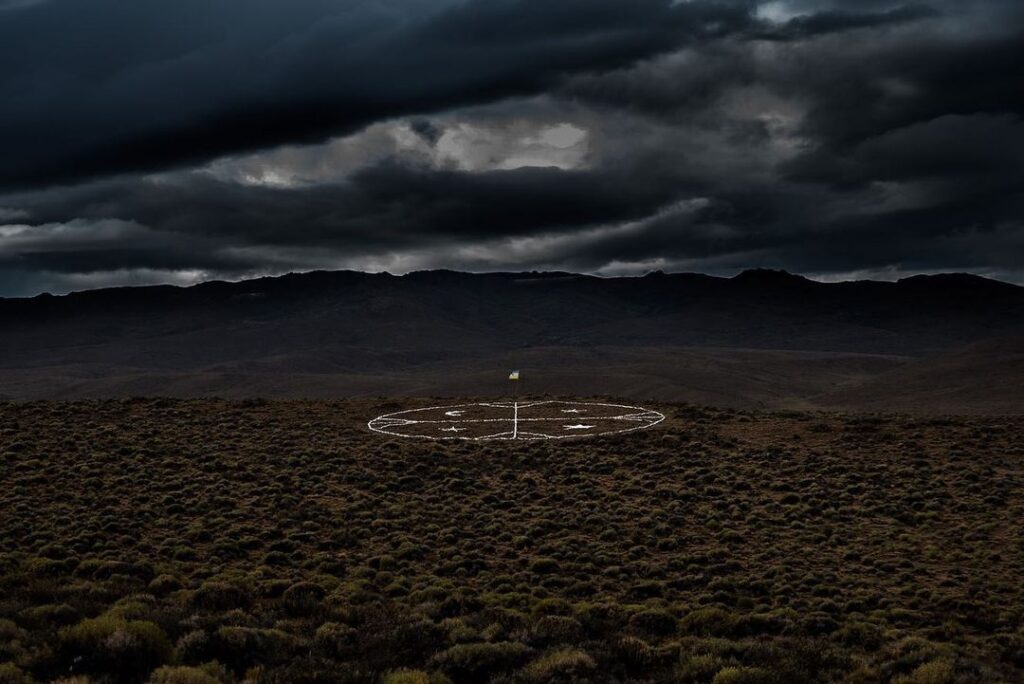
‘How could photography be a means of bringing knowledge closer to society? Do you create your work on this approach?
My main interest in photography is that it is a tool that from my position allows me to approach stories, struggles, and problems that interest me to collaborate in their dissemination. Bring testimonies and personal stories or general struggles and be able to take him to places where that are unknown or ignored.
I believe that the more we manage to get involved in the problems that affect us all, the closer we will be to being able to make substantial changes.
I believe that photography can generate empathy, emotion and interest in other people’s stories and I think that this is important and of great value, since with the possibilities that exist today it is an art that can travel and be easily transported from one place to another and go far. I believe in jobs where you put your heart and get involved with what is happening because you really care.
Tadeo Bourbon @bourbontadeo




